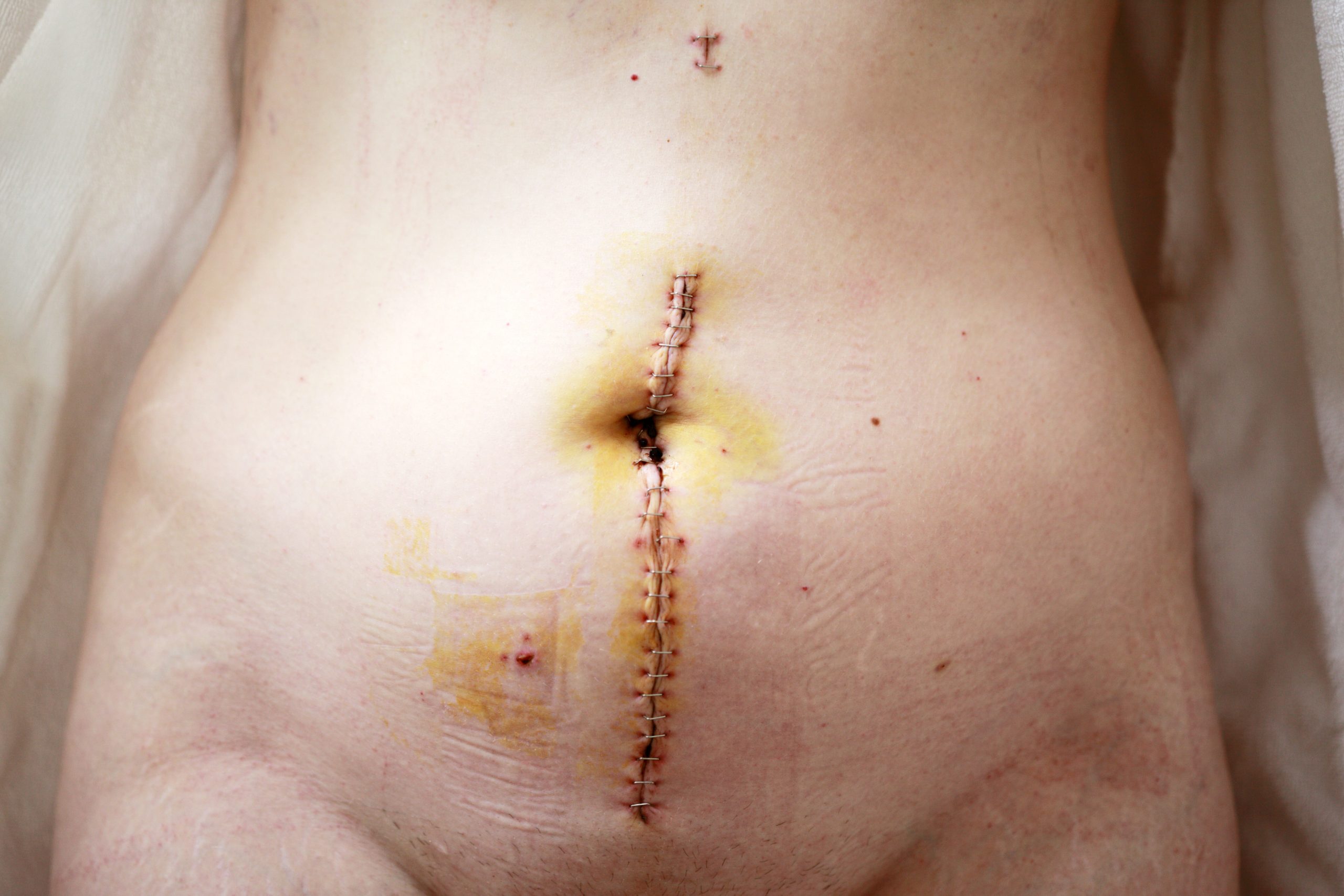Pancreatic cancer is a silent killer that often goes undetected until it’s too late. According to the American Cancer Society, pancreatic cancer is the fourth leading cause of cancer death in the United States, with over 48,000 new cases and more than 41,000 deaths expected in 2021. This is partly due to the fact that pancreatic cancer often doesn’t cause symptoms until it has advanced to later stages. However, there are some early warning signs that people should be aware of, especially if they have a family history of the disease or other risk factors, such as smoking or obesity.
- Abdominal pain: Persistent pain in the abdomen, especially in the upper or middle part, can be a sign of pancreatic cancer. The pain may be dull or sharp, and it may worsen after eating or lying down.
- Jaundice: Yellowing of the skin and eyes, known as jaundice, can occur when a tumor in the pancreas blocks the bile duct. Other symptoms of jaundice include dark urine, pale stools, and itching.
- Weight loss: Unintentional weight loss of 10 pounds or more may be a sign of pancreatic cancer, especially if accompanied by loss of appetite and fatigue.
- Nausea and vomiting: These symptoms can be caused by a variety of conditions, but they are also common in people with pancreatic cancer, particularly if the tumor is located in the head of the pancreas.
- Back pain: Pancreatic cancer can cause pain in the back, especially in the middle or upper part. The pain may be constant or intermittent, and it may worsen after eating or lying down.
- Diabetes: New-onset diabetes in people over 50 years of age may be a sign of pancreatic cancer. This is because the pancreas produces insulin, which regulates blood sugar levels.
- Digestive problems: Pancreatic cancer can cause digestive problems, such as diarrhea, constipation, or fatty stools. These symptoms may occur if the tumor is blocking the pancreatic duct or causing inflammation in the pancreas.
If you experience any of these early warning signs, it’s important to see a doctor as soon as possible. However, it’s important to note that these symptoms can be caused by other conditions as well, so a thorough medical evaluation is needed to make a diagnosis.
In addition to knowing the early warning signs, there are some steps you can take to reduce your risk of pancreatic cancer. These include quitting smoking, maintaining a healthy weight, eating a balanced diet, and limiting alcohol consumption. If you have a family history of pancreatic cancer or other risk factors, you may also want to talk to your doctor about screening tests, such as a pancreatic ultrasound or MRI.










